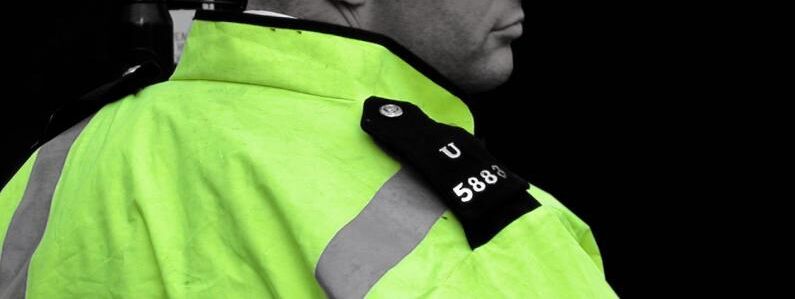Recording of ‘non-crime hate incidents’ unlawful, court rules

Recording of so-called “non-crime hate incidents” by police forces in England is an unlawful interference with freedom of expression, the Court of Appeal has ruled.
This morning, the court struck down College of Policing guidance which encouraged police forces to record any non-crime incident “perceived by the victim or any other person to be motivated by hostility or prejudice”.
Civil liberty groups had expressed concern that such recording interfered with the right to free speech. Citizens who were reported for a 'hate incident' could be blacklisted on police databases.
The Home Office had also raised concerns, saying: “‘non-crime hate incidents’ have a chilling effect on free speech and potentially stop people expressing views legally and legitimately.”
Commenting this morning, Dame Victoria Sharp said:
“The net for 'non-crime hate speech' is an exceptionally wide one which is designed to capture speech which is perceived to be motivated by hostility... regardless of whether there is evidence that the speech is motivated by such hostility.
“The volume of non-crime hate speech is enormous and the police do not have the resources or the capacity to investigate all the complaints that are made.
“There is nothing in the guidance about excluding irrational complaints, including those where there is no evidence of hostility and little, if anything, to address the chilling effect which this may have on the legitimate exercise of freedom of expression."
Toby Young, General Secretary of the Free Speech Union, which supported the legal action against the police guidance, commented:
“The Free Speech Union is proud to have played a part in winning this landmark victory…we can all rest a little easier in our beds tonight, knowing the police are not about to knock on our doors because we’ve made an inappropriate joke on Twitter. They should be policing our streets, not our tweets”.
Share